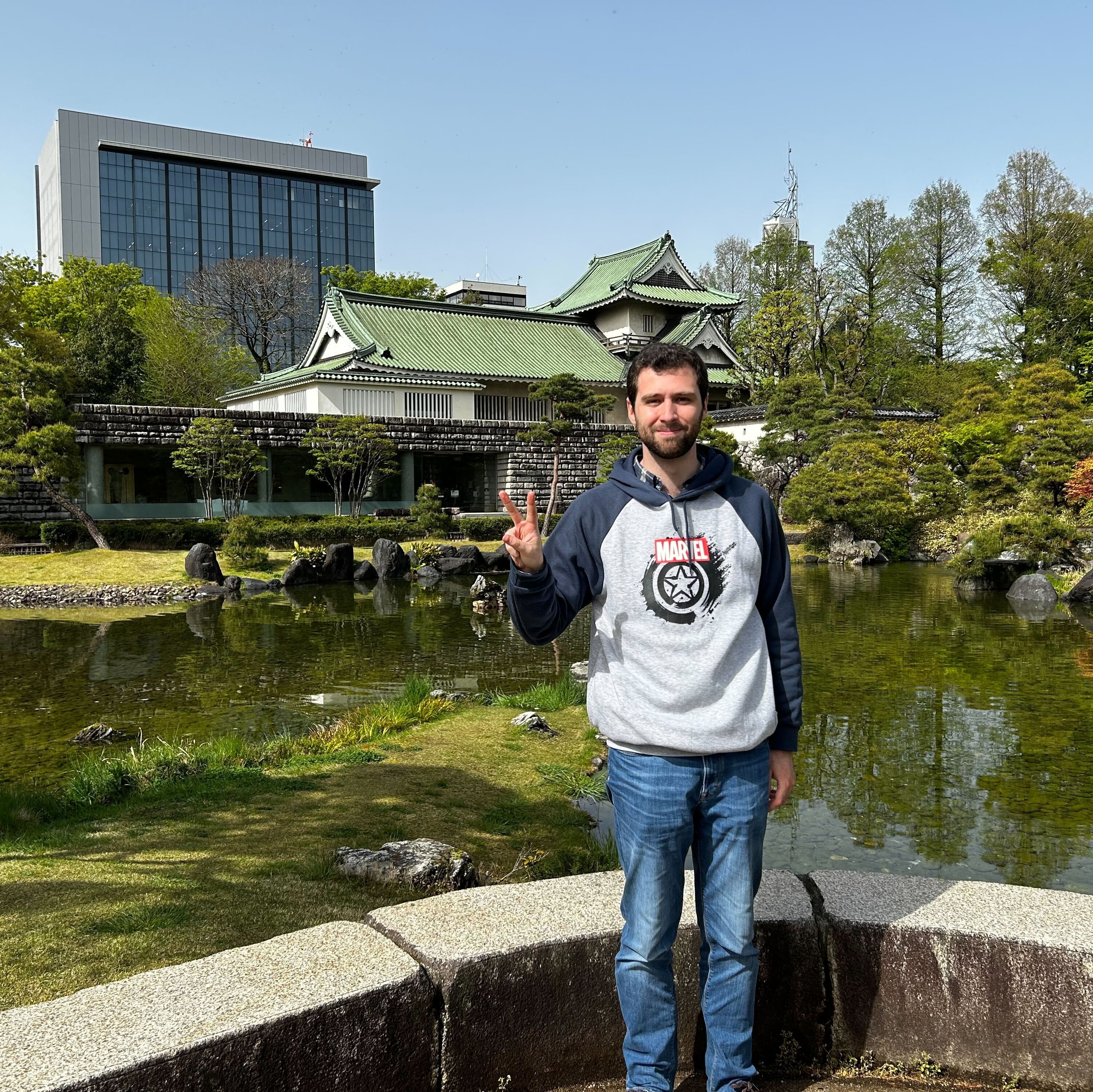Game-theoretic modelling and analysis of strategic investments for PV and shared battery
Published in SICE Journal of Control, Measurement, and System Integration, 2024
The global drive towards carbon neutrality has led to a significant increase in the number of power plants based on renewable energy sources (RES). Concurrently, numerous households are adopting RES to In this paper, we introduce a strategic model for users and a manager in a community, considering investments in photovoltaic (PV) panels and a shared battery. We also analyse how their strategic behaviour influences the overall social welfare within the community. We first formulate the investment optimization problems for the users and the manager explicitly considering electricity exchanges, where users invest in PV panels and the manager invests in a battery. Considering interactions of information and electricity, the strategic model, which combines the investment optimization problems mentioned above, can be formulated as a game. Then, we point out that the formulated game does not always guarantee the existence of a generalized Nash equilibrium (GNE). To overcome the problem, we present new utility functions that ensure the existence of an equilibrium through potential game theory. Finally, we conduct a case study with actual electricity data to numerically analyse the impact of the strategic behaviour on social welfare as well as the advantages of battery sharing in the presence of such strategic behaviour.
